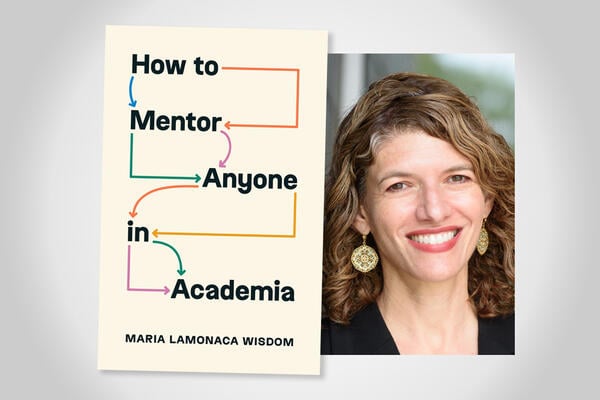
"Looking back, the mentorship I received was only focused on job placement, rather than career development and scholarly growth, which I believe should be the priority."
"The conditions for mentoring continue to deteriorate. At the same time, there's never been a greater need for truly impactful mentoring."
"Mentoring is crucial not only for job placement but for broadening students' career development, especially for those from marginalized backgrounds."
"Mentors need to support their mentees even when they don't have all the answers, adapting to the current uncertain educational landscape."
A recent survey indicated that over half of college students want professors to be more involved in mentoring for career development. Despite this need, faculty members often lack the necessary training and face challenges like shrinking budgets and increased workloads, making effective mentorship difficult. Maria Wisdom emphasizes the deteriorating conditions for mentoring in higher education while underscoring the growing importance of impactful mentorship, especially for historically marginalized students. Her recent book, "How to Mentor Anyone in Academia," offers practical advice for faculty aiming to enhance their mentorship roles amid the evolving academic landscape.
Read at Inside Higher Ed | Higher Education News, Events and Jobs
Unable to calculate read time
Collection
[
|
...
]